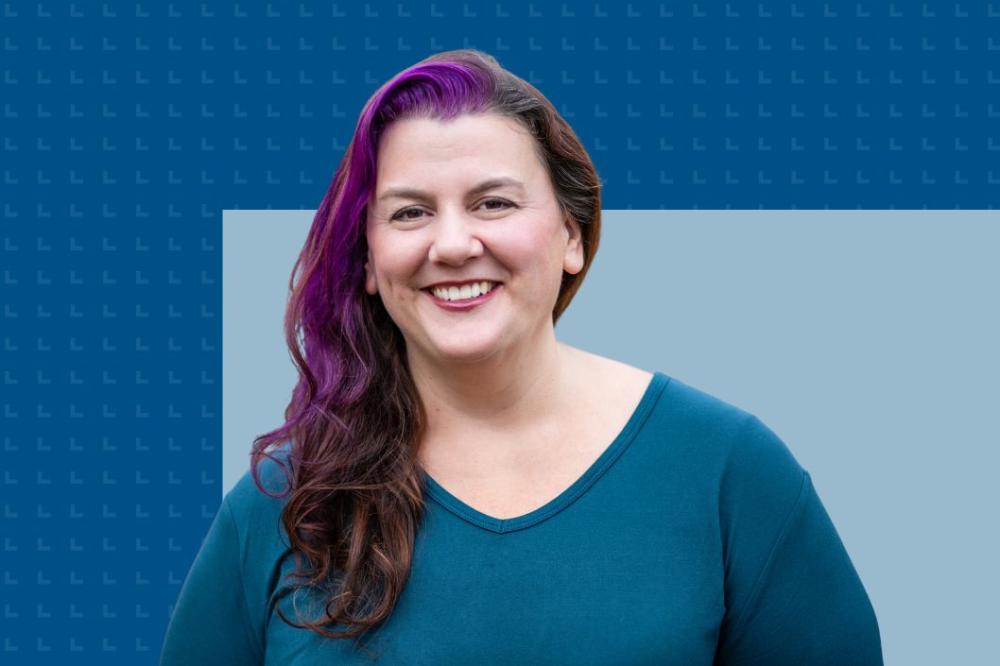
Four Lessons I Learned Becoming a Writer
Ten years ago, I stared at the blank page, wishing to write. I had the ideas but didn’t know how to get them down. But it hadn’t always been like that.
When I was a teenager, it came easy. I sat down and the words poured out of me. Then, it all stopped.
So what changed? How did I get from there to becoming an award-winning novelist, scriptwriting instructor, and writer in residence?
I learned these four lessons that changed everything.
1. Writer’s block is a lie
Back then, if you asked me what was wrong, I’d have told you writer’s block was to blame. I believed something was stopping me from doing the work. But now I believe that was a lie I invented to fool myself.
The real reasons were that sometimes I didn’t know my story well enough, so I’d avoid it. Or I was exhausted, stressed out, or lazy. The most devilish cause was my own fears: failing, not being good enough, or embarrassment.
Yet, all of these are excuses, because I discovered the best solution to writer’s block is doing the work.
2. Show up at the page
In his book On Writing, Stephen King says, “If you want to be a writer, you must do two things above all others: read a lot and write a lot.”
I can’t agree more.
To get out of my slump of fifteen years, I forced myself into extreme therapy: I committed to writing a feature length script (about 120 pages) in a month.
This meant I had to write four pages every day, no matter what. It didn’t have to be good or bad or make any sense. I just needed to get those pages written.
What surprised me was I finished the script in ten days.
However, I wasn’t done. I began writing my next one, because someone said that if you want to discover if you like doing this, you should write at least four to six scripts. Once I was done that, I remembered someone saying that 90% of what you write is garbage, so I kept going. My hope was that by the end, I’d have at least one good story.
By the end of the year, I wrote ten scripts.
No longer could I make excuses, because I had proven I could do it no matter what.
3. Mistakes are okay
The idea of writing a perfect first draft is a mythical unicorn. Whenever we read a book or a story, we always see the end product. We never witness the hard work, the detours, and the mistakes a writer struggles with.
My first ten scripts are absolute garbage and will never see the light of day. They are riddled with mistakes and bad choices. Yet, I don’t regret their existence.
They taught me to write, to get past the log jam of bad ideas, and refine my process. If I had continued to fear making mistakes, I would never had the opportunity to learn.
It’s okay to make a mess. None of our words are set in stone. We can throw them out, change them, or rearrange them, but until they’re in the world, we can do whatever we please.
4. Listen to feedback
This was the toughest lesson for me to learn.
When my writing partner and I moved away from scripts and started writing novels, we sent our first book, Along Comes a Wolfe to Heather Nickel, our publisher. She told us she’d do an edit on it. We told her we already had someone go through it and were confident it was fine.
She said she’d do it anyway.
When she sent us her corrections, there was more red than black. We asked for a meeting and I went in ready to defend it. But after hours of back and forth, fighting every edit, I realized the truth: she cared about our readers and our characters as much as we did.
Truly listening to feedback is an ego thing. It’s tough, it sucks, but if the one saying it is coming from an honest, sincere place, it’s best way to grow as a writer.
How about you?
There’s a line in the show Treme that I always share from restaurateur and chef, David Chang: “We try to do things the right way. That usually means doing things the long, hard, stupid way.”
I believe I took “the long, hard, stupid way.” I wasted fifteen years blocking my own path, and then another ten years teaching myself how to write.
Thankfully though, this wasn’t a solo journey. Books, conferences, teachers, mentors, and solid criticism helped me out. I truly believe finding the right writing coach, instructor, or writer in residence (wink, wink) can help you out.
So, whether you have writer’s block, need to untangle your story, or just want a little encouragement, come in for a visit.
Because, trust me, I’ve been there.
David Gane - 2019/2020 Writer in Residence



